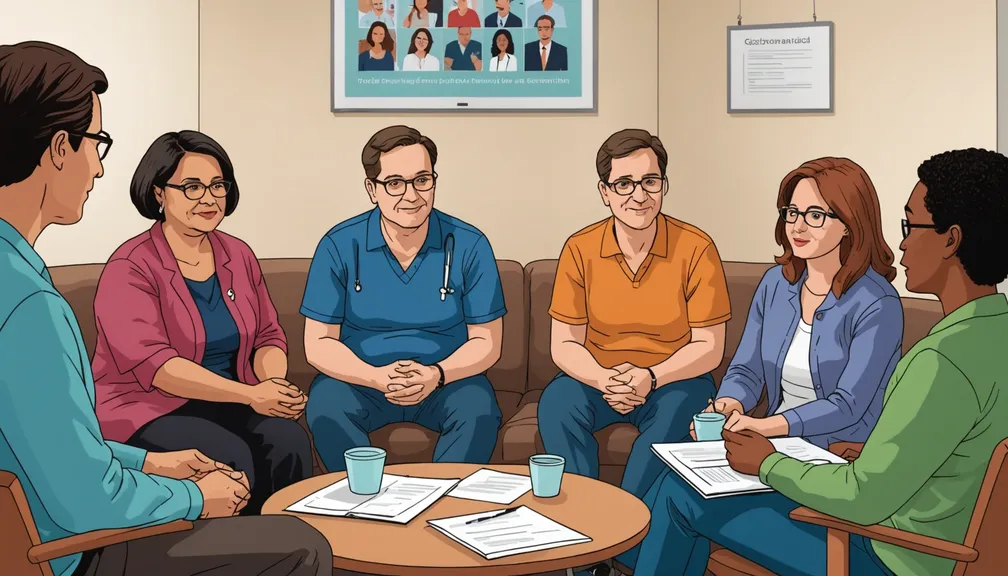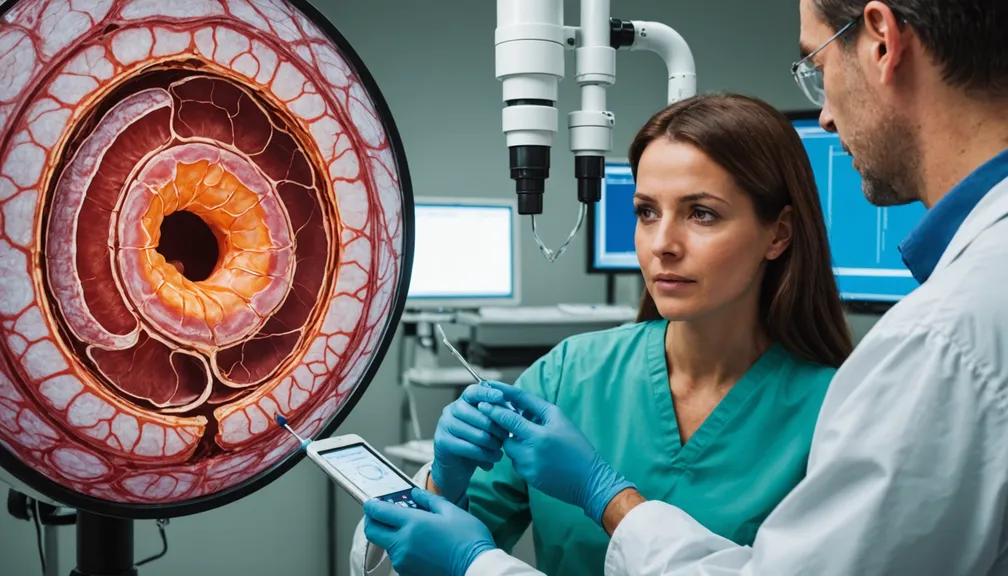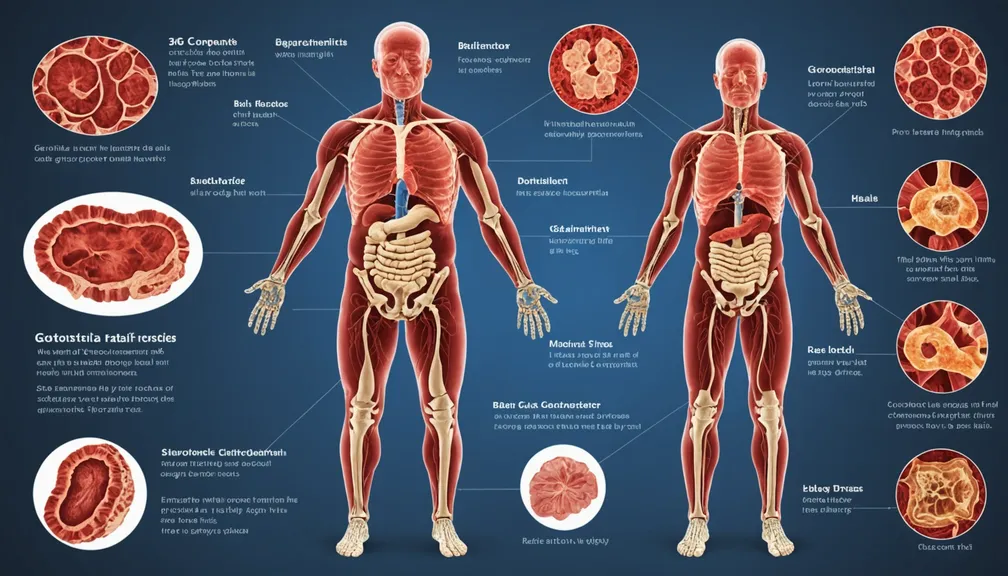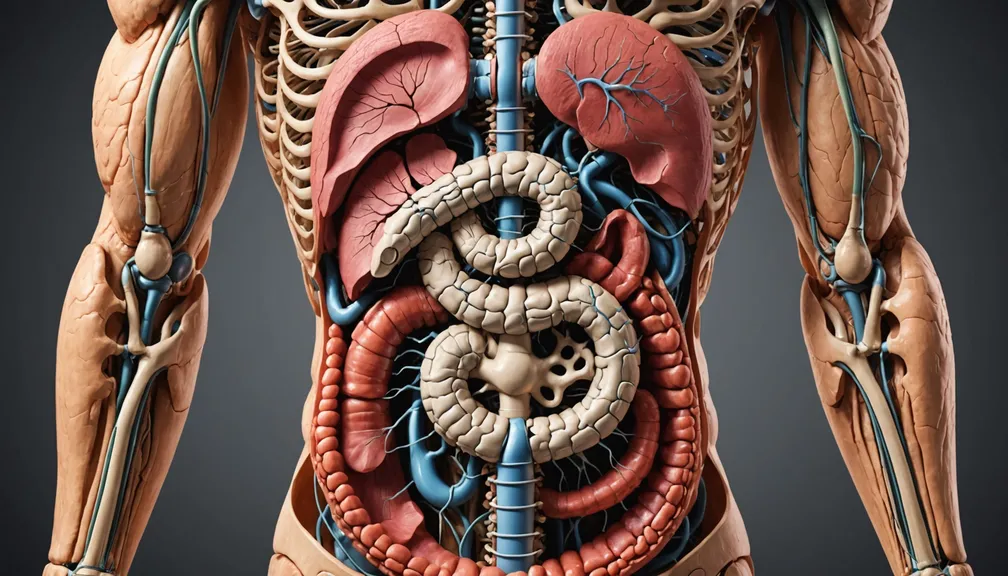Finding Support: Patient Groups and Advocacy Organizations
Living with a rare gastrointestinal disorder can be challenging, both physically and emotionally. Connecting with others who understand your experience and accessing advocacy resources can make a significant difference in managing your condition. This lesson will guide you through finding support through patient groups and advocacy organizations.
Understanding Patient Groups and Advocacy Organizations
Patient Groups are communities of individuals who share similar health conditions. They provide a platform for members to share experiences, offer mutual support, and exchange valuable information.
Advocacy Organizations focus on raising awareness, influencing policy, and improving access to healthcare and resources for individuals with specific conditions. They work to ensure that the needs of patients are heard and addressed at various levels.
Benefits of Joining Support Groups
- Emotional Support: Connect with others who understand what you're going through, reducing feelings of isolation.
- Information Sharing: Gain insights into managing your condition, treatment options, and living strategies from peers.
- Empowerment: Learn how to advocate for your health needs and make informed decisions about your care.
- Social Connections: Build friendships and a sense of community with individuals facing similar challenges.
How to Find the Right Support Group
- Talk to Your Healthcare Provider: They can recommend reputable patient groups and resources.
- Research Online: Look for organizations dedicated to your specific gastrointestinal disorder.
- Attend Local Meetings: Participate in community events or meetings to meet members and assess if the group is a good fit.
- Consider Your Needs: Whether you prefer in-person gatherings or online forums, choose a group that aligns with your preferences and support needs.
Getting Involved with Advocacy Organizations
- Volunteer: Offer your time and skills to support the organization's initiatives and events.
- Participate in Campaigns: Help raise awareness through advocacy campaigns, fundraisers, and educational programs.
- Stay Informed: Keep up with the latest news, research, and policy changes that affect your condition.
- Share Your Story: Personal experiences can be powerful in advocating for change and inspiring others.
Types of Healthcare Professionals to Support You
Managing a rare gastrointestinal disorder often requires a team of specialized healthcare professionals, including:
- Gastroenterologists: Specialists in the digestive system who can diagnose and treat gastrointestinal disorders.
- Dietitians/Nutritionists: Experts who can help create dietary plans to manage symptoms and ensure proper nutrition.
- Allergists/Immunologists: Professionals who can address allergic reactions or immune-related aspects of your condition.
- Mental Health Counselors: Provide support for dealing with the emotional and psychological impacts of living with a chronic illness.
- Primary Care Physicians: Coordinate overall healthcare and refer you to specialists as needed.
Tips for Maximizing Your Support Network
- Be Open and Honest: Share your feelings and experiences to build deeper connections with support group members.
- Stay Engaged: Regularly attend meetings and participate in group activities to maintain strong support ties.
- Seek Diverse Perspectives: Engage with a variety of group members to gain different insights and coping strategies.
- Utilize Available Resources: Take advantage of the tools, information, and programs offered by patient groups and advocacy organizations.
- Advocate for Yourself: Use the support and knowledge gained to actively manage your health and engage with healthcare providers.
Connecting with patient groups and advocacy organizations can provide invaluable support, information, and a sense of community. By actively seeking and participating in these resources, you can enhance your ability to manage your rare gastrointestinal disorder and improve your overall well-being.






